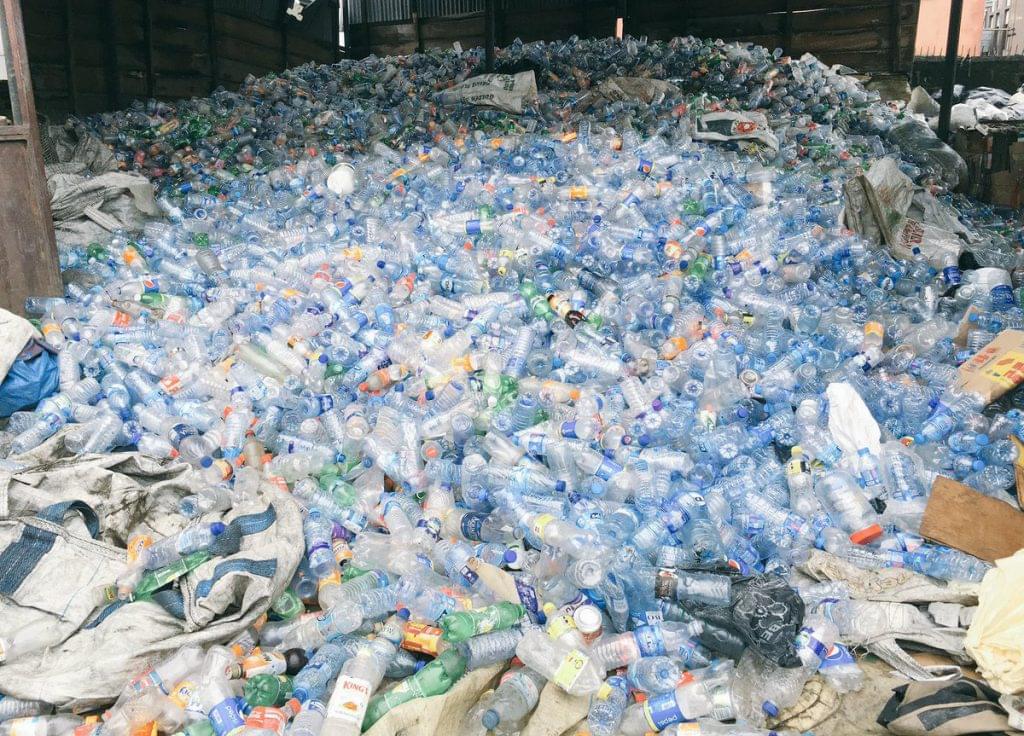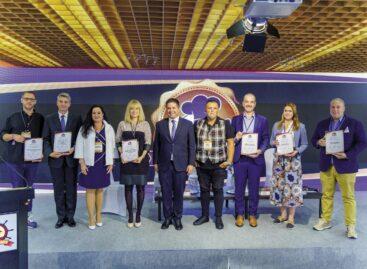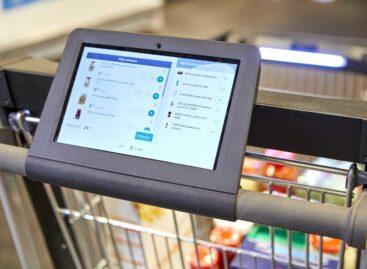Magazine: Valuable waste
According to Norbert Höflinger, strategy director of HWD Recycling Kft., working in the waste management industry means facing challenges all the time.

One of the biggest problems in the sector is the uncertainty of the legal background, which is the result of the state’s increasing role. Waste management doesn’t form part of a retailer’s or a production company’s work, so the best thing they can do is to ask a specialist company to do it for them. Mr Höflinger underlined that in most cases waste represents value: if managed well, it can generate profit for those who produced it. HWD Recycling Kft.’s services include simple waste removal, complex waste management, counselling, monitoring and support. These days it is trendy to go green and it is very good news that major companies have finally realised the importance of sustainable development. It is needless to say that this is also good for waste management companies, because every product or packaging that can be recycled will generate profit for both the waste management firm and their partner. HWD Recycling Kft.’s waste reuse rate is almost 98 percent.
György Deák, CEO of BIOFILTER Környezetvédelmi Zrt. opines that many companies have come to understand that sustainable operation doesn’t only have a PR role. Biofilter Zrt. employs almost 100 people and has been collecting used cooking oil in Hungary since 1990. Later they started collecting food waste too and commenced distributing cooking oil. Since 2011 Greenpro Zrt. has been a member of the Biofilter group – they specialise in removing expired food products and animal by-products, and they also clean and maintain grease traps. Used cooking oil is turned into biodiesel base material, while food waste is used to make biogas. The company operates an 80-vehilce fleet and removes 2,000 tons of used cooking oil and food waste every month.
Péter Horváth, managing director of Avermann-Horváth Kft. told our magazine that they are the biggest manufacturers of machinery for the waste management and recycling industry in Hungary. The company has its own designer department and the most important aspect in production is to manufacture equipment that can be used for 15-20 years. Avermann-Horváth press machines and balers can be found in all Hungarian Tesco, Auchan, Metro, Aldi, Praktiker and Ikea stores, plus in the Allee, Westend, Árkád, Arena Plaza, Europark and Köki Terminál shopping centres. For the waste generated in the FMCG sector the company recommends their brand new wet press machines, which can be equipped with an ozone generator that gets rid of bad smell, sterilises waste and kills viruses and bacteria. Avermann-Horváth Kft. offers a 360-degree service to partners, from design to manufacturing, delivery, installation and maintenance.
Beáta Gönci, managing director of ÖKO-Pannon Nonprofit Kft. is of the opinion that the majority of industrial actors attach less and less importance to what is called ‘own responsibility’. ÖKO-Pannon Nonprofit Kft. providers counselling services in connection with waste management and product fee regulation. Between 2003 and 2011 the company operated a so-called manufacturer responsibility system for packaging waste collection and recycling. In this period the volume of waste collected selectively from the Hungarian population increased from 4,500 tons to nearly 60,000 tons. What is more, the volume of industrial and retail waste reused within the system reached 250,000 tons
Related news
Related news
Hungary has plenty of work to do in the regional “long-distance running”
Based on the ten- and twenty-year trends – one of…
Read more >Consumers hate “dynamic pricing”.
In the past period, customers had to familiarize themselves with…
Read more >NGM State Secretary: the ESG Act strengthens the competitiveness of Hungarian businesses
The aim of the law defining the framework for responsible…
Read more >







